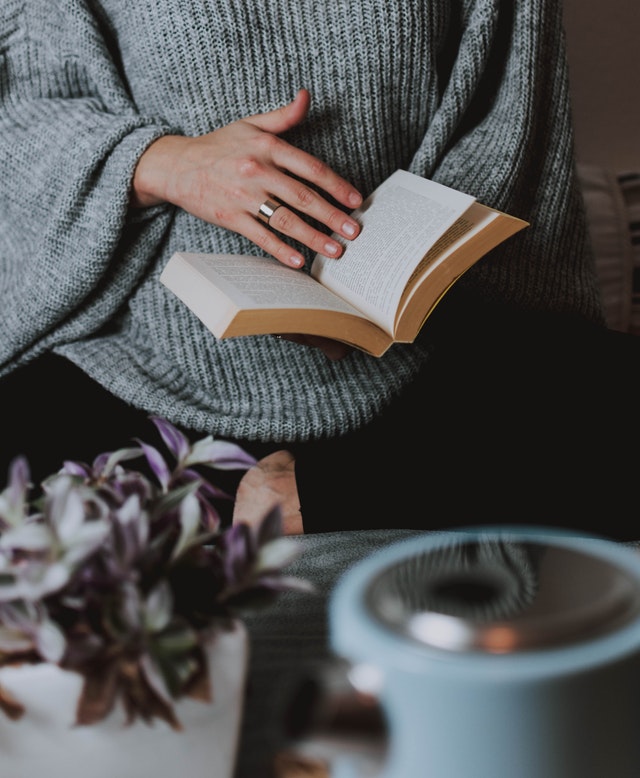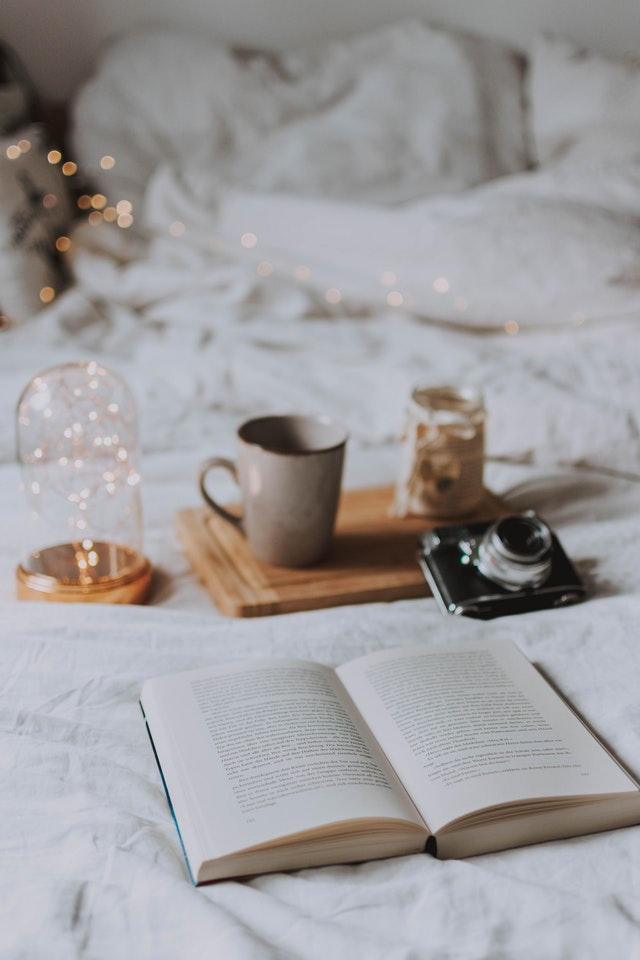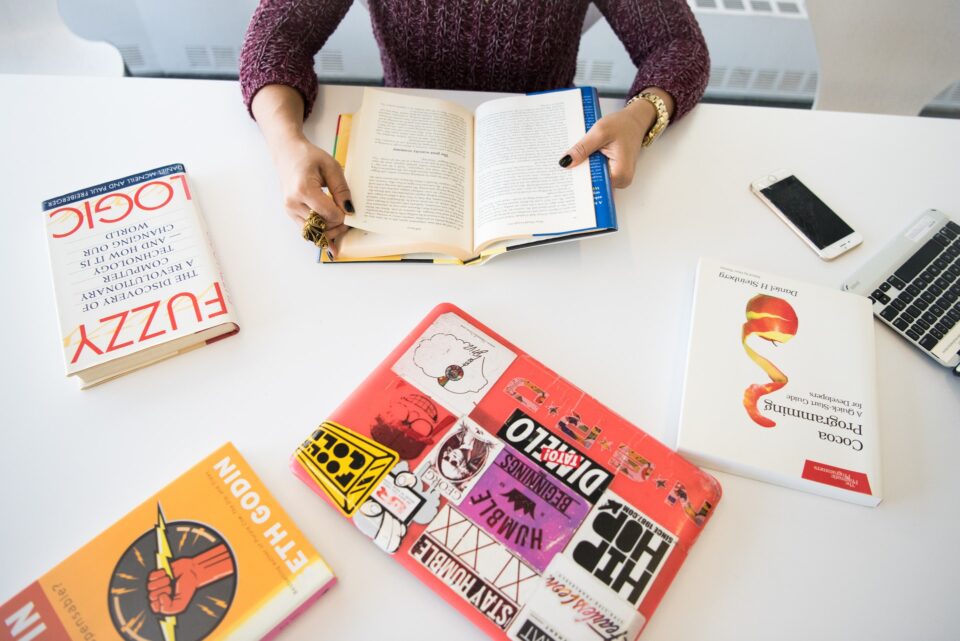There is a difference between reading for understanding and reading for information.
Learning something insightful requires mental work. It’s uncomfortable. If it doesn’t hurt, you’re not learning. You need to find writers who are more knowledgeable on a particular subject than yourself. By narrowing the gap between the author and yourself, you get smarter.
The Four Levels of Reading
Mortimer Adler literally wrote the book on reading. Adler identifies four levels of reading:
- Elementary Reading
- Inspectional Reading
- Analytical Reading
- Syntopical Reading
Elementary reading:
Elementary reading is also called initial reading, rudimentary reading, or basic reading. Once this level is mastered, readers go from non literary to beginning literacy. In mastering this level, one learns the rudiments of the art of reading, receives basic training in reading, and acquires initial reading skills
Inspectional reading:
Inspectional reading is skimming of the book to understand its main points and its structure. It aims to gain the best understanding of the book in a limited time.
When most people read a book, they do so cover to cover, starting with page one and reading it all the way to the end. While this is more straightforward in some ways, it’s actually worse for comprehension – you’re trying to understand what a book is about at the same time you are trying to understand it.
With inspectional reading, your goal is to gain the best understanding of the book in a limited time. Set a target for 15 minutes to comprehend a 300-page book.

How to Read Inspectionally
After reading inspectionally, you want to be able to answer these three questions:
- What genre does the book fit into?
- What is the book saying as a whole?
- What is the structure of the book used to develop the main point?
- Analytical Reading: This is a more demanding level for readers. It’s more complex than the preceding levels and represents a thorough and complete form of reading. Analytic reading is ‘hardly ever necessary if your goal in reading is simply information or entertainment. Analytical reading is preeminently for the sake of understanding”
- Syntopical Reading: It’s also called comparative reading. This is the most complex and systemic level of reading. A syntopical reader reads different texts on the same subject and compares them to each other to arrive at a holistic and more nuanced understanding of the subject.
Reading has a number of benefits including improving your memory and vocabulary, helping you learn new things, and improving focus and concentration. A lot of people say that they want to develop a habit of reading books but are unable to due to a lack of time. I was one of those people myself at one point in my life. I have used a number of tricks to help me read more and develop a daily reading habit.
Creating a reading list
I would definitely suggest you start out by creating a list of books that you would like to read. For example, you could create a list of novels you’ve always wanted to read but never had the chance to, or a list of books that you need to read to learn something about a topic or field of study that you are interested in. Apart from creating your own lists, you can also use lists that other people have created
Set a goal
A good idea to motivate yourself to read more is to set a goal. For example, you could set a goal to read a certain number of books this year or a certain number of pages each day and then work on reaching that goal. Some tools you can use to help you achieve your reading goals include the Bookly app and the GoodReads.com Reading Challenge.
Schedule a time for reading
To make sure that you will read every day, you need to schedule reading into your day. You could read first thing in the morning, during your commute, before going to sleep or even during lunch.
Find a good place to read
Something that will help you read more is finding a good place to read. This should preferably be somewhere quiet, without any distractions. You could read in your bed, in a comfortable chair or sofa, on a park bench, and of course — at the library.
Also Read: Best Mental health books to read
Eliminate distractions
Make sure to eliminate any distractions that might be interfering with your reading — turn off the TV and put your smartphone on silent.
Read Actively

While passive reading is better than no reading at all, I would highly suggest you try an active approach to reading. When I say “read actively”, I mean think about what you are reading, highlight passages that you think are important or interesting, write comments and notes either on the book’s margins or in a separate notebook. If you are reading on your smartphone or your ebook reader, take advantage of their highlighting and note features.
Keep reading a journal
I highly recommend keeping a reading journal where you can write down quotes that you like, record what books you have read, jot down any thoughts related to the book as well as any comments you have on what you have read. You can review these later to refresh your memory or to get new ideas.
Carry a book everywhere you go
I highly recommend keeping a reading journal where you can write down quotes that you like, record what books you have read, jot down any thoughts related to the book as well as any comments you have on what you have read. You can review these later to refresh your memory or to get new ideas.
Know when to quit
Don’t feel like you have to finish every book you start. If the book you’re reading is boring or not what you imagined it would be, simply drop it and start reading a different one. A good rule that I like to use is the 50-page rule. I always read the first 50 pages of any book I start. If I still don’t enjoy it after 50 pages, I just quit and move on to a different book.
Replace other forms entertainment with reading
A good way to read more is to replace other forms of entertainment with reading. For example, instead of watching TV or movies, playing video games, or mindlessly browsing the Explore tab on Instagram — read a book. This will allow you to read a lot more books every year.
Read multiple books at the same time
Something I like to do is read multiple books at the same time. Anytime I get bored with a book or I would like a change of pace, I just switch to a different one. A great way to do this is to always read one fiction book and one non-fiction book at the same time
I think these tips and suggestions would help in inculcating the habit of reading books which would, in turn, help you in growing your knowledge
Further Reading: 100 Best Books of All Time




